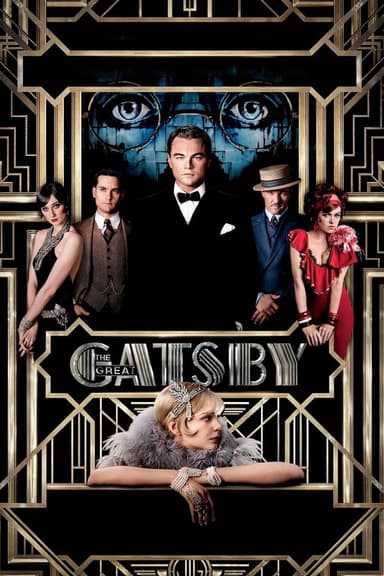
Simple Passion
2021 • Drama, Romance
A man and a woman are brought together by chance for several months. He is younger than she is, married, Russian, officially a diplomat stationed in Paris. She is a beautiful teacher and researcher, with her feet firmly on the ground. The film follows the evolution of their love, from the beginning to end.
Runtime: 1h 39m
Why you should read the novel
The novel 'Simple Passion' by Annie Ernaux plunges you straight into the raw intensity of a woman’s desire, chronicling every nuance, fear, and hope with startling honesty. Ernaux’s prose is spare yet deeply evocative, allowing readers to experience the narrator’s obsession firsthand – thoughts we rarely see this unfiltered, making the reading experience both intimate and universal. When you read the book, you’re not a mere observer of someone’s affair; you are swept up, feeling every vibration of waiting, longing, and emotional vulnerability 'no film can fully capture.'
Reading the book ensures you get direct access to Ernaux’s interior monologue, something only literature can offer in its purest form. The relentless focus on emotional truth, devoid of ornament or distraction, lets you enter the narrator’s mind in a uniquely immersive way. These flourishes of recollection and personal reflection are what distinguish the book from its visual adaptation, bringing nuance to every moment of wanting and loss.
Opting for the novel over the film means engaging with the story at your own pace, lingering over particular sentences and insights that hit you the hardest. The book’s confessional tone and powerful brevity create a reading encounter that’s both personal and profound, making 'Simple Passion' an essential literary experience for those who seek to understand the depths of human desire.
Adaptation differences
One primary difference between the film adaptation and Annie Ernaux’s original novel is the narrative perspective. The novel is intensely first-person, almost diary-like, documenting every tumbling emotion as it hits the narrator. In contrast, the film uses more visual language—lingering shots, body language, and silence—that often leaves the emotional interiority muted or implied, rather than explicitly stated.
The book’s structure is non-linear and reflective, interweaving memories and present moments as Ernaux processes her passion in real time. This fragmented intensity is smoothed out in the film, which adopts a more conventional narrative arc, showing the affair’s progression more straightforwardly. As a result, the adaptation loses some of the confessional immediacy and psychological layering that defines the novel’s style.
Another notable difference is how secondary characters are handled. The book is almost tunnel-visioned on the narrator and her Russian lover, giving ancillary characters minimal attention—they exist only in relation to the narrator’s obsession. The film, on the other hand, sometimes expands these roles for narrative clarity, adding scenes and dialogue that do not appear in the book in order to provide more external context and interaction.
Lastly, the book’s profound introspection hinges on Ernaux’s precise, minimalist prose; her choice of words conveys emotion with relentless detail and honesty. While the film attempts to translate this into visuals and expressions, it rarely achieves the same psychological depth. As a result, viewers may find the film’s portrayal emotionally distant at times, while the novel’s unfiltered confessional style remains raw and immediate throughout.
Simple Passion inspired from
Simple Passion
by Annie Ernaux











